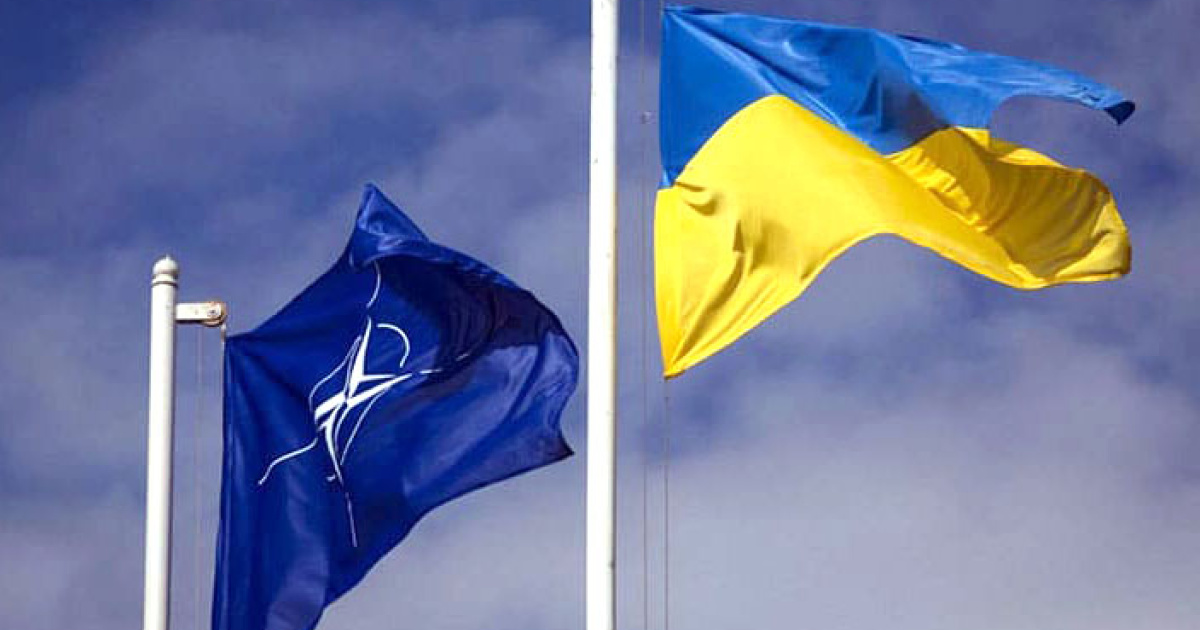
Since the beginning of the full-scale invasion of Ukraine, russia's army has grown significantly in size, though its quality has decreased, stated NATO Military Committee Chair Admiral Rob Bauer, as reported by Reuters via NV.
He noted that russia currently does not pose the same level of threat as it did in February 2022, providing time for preparations, including increased investments in the defense industry. Bauer emphasized the need for industries to adapt to a "wartime scenario" to minimize vulnerabilities to coercion from countries like russia and China.
The admiral reminded that at the start of the russian invasion, russia halted gas supplies to Europe, exposing the reliance on such suppliers. He stressed that Western dependence on China, particularly in rare earth materials (60% of production and 90% of processing) and chemical ingredients for medications, is a strategic vulnerability.
According to Bauer, European and U.S. business leaders must understand that their commercial decisions have significant national security implications.
Additionally, he highlighted that NATO is discussing the possibility of preemptive precision strikes on russian territory if there is a threat of an attack.
Bauer stated that the Alliance no longer adheres to the approach of "waiting for an attack and then reacting". Instead, scenarios are being considered for striking russian launch sites and other military facilities to prevent aggression.
He characterized NATO's shift in focus toward active defense, rather than solely defensive measures, as a positive change.





